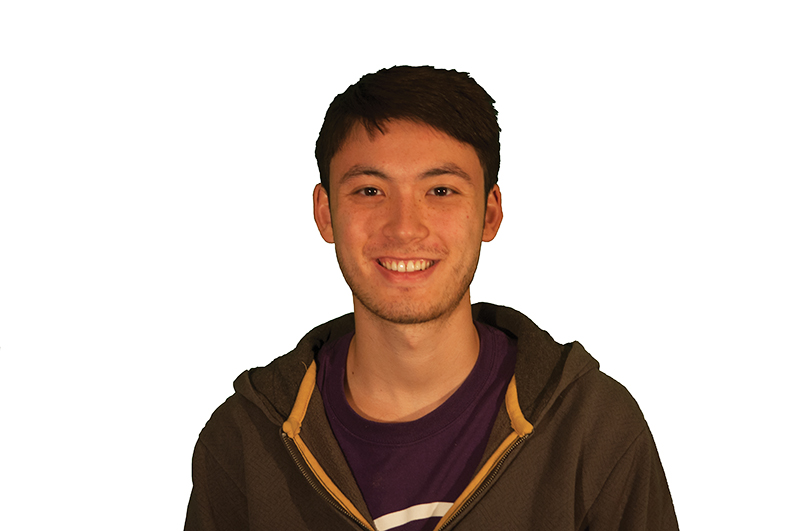When I open my Internet browser, I sometimes automatically start typing in “facebook.com.” It’s not even a conscious decision. Even if I was originally planning to go to a different website, my fingers seem to type it in by themselves.
Being addicted to Facebook is partly what it means to be a member of my generation. Going on Facebook is like a fix for our short attention spans, as we scroll through endless status updates and pictures of people we don’t really know. It’s addicting, fast and largely superficial, and I’ve found that most people my age wouldn’t try to argue otherwise.
Last year, two of my close friends deactivated their Facebook accounts and described to me how liberating it was. No longer wrapped up in the buzz of social media, they told me how they felt calmer and had more free time as a result.
I considered trying it for myself. At first, I didn’t think it was a good idea. Facebook felt like a necessity for my social life, something that everyone my age needed to have to keep up and stay connected with one another. Not having one would leave me disconnected with the people and events around me.
When I tried it, though, I realized it was pretty easy to function without a Facebook. I could text or call people if I needed to contact them. Though I might have missed a few events on campus, I still knew about most of them through email lists and by word of mouth.
As weeks went by, I pretty much stopped thinking about Facebook altogether. My experience was pretty different than I anticipated. Instead of feeling disconnected with the people around me, I found that my interactions felt slightly more genuine. I appreciated my friends more when I actually got to see them. My social life could pause when I wanted it to, and things felt calmer just as my friends had described.
I also noticed that I stopped judging situations based on how others would perceive them if I posted them online. I no longer would have funny moments and immediately think “Wow, that would make a great status update.”
That’s what social media can do. It can make us more concerned with sharing experiences than living in them. It can make us compulsively think about how others would perceive certain situations in case we were to share them.
After a few months without a Facebook, I was pretty set on being Facebook-free for the rest of my life. I had proved to myself that I didn’t need it, and that I was better off without it. I considered deleting it permanently.
I firmly held on to this mindset until one summer night when I couldn’t sleep. It was 3 a.m., and I decided to reactivate my Facebook just to check it out. I logged on and scrolled through my news feed. It was exciting seeing statuses from people I mostly had forgotten about.
I was about to log off when I got a message from a friend of mine that I hadn’t spoken to in a while. He was waiting for an early flight that was taking him back to school and asked me what I was doing up so late. We chatted for few minutes just catching up until he had to leave and get on his flight.
Since then, I’ve kept my Facebook up. I realize that even though it’s addictive, I have friends around the world from throughout my life that I want to stay connected with, and I would lose a lot of those connections if I delete my Facebook. Although I still have my problems with Facebook, I just need to limit the time I spend on it, and I’ll probably be fine.
Thomas Pollick is a Weinberg sophomore. He can be reached at [email protected]. If you want to respond publicly to this column, send a Letter to the Editor to [email protected].









